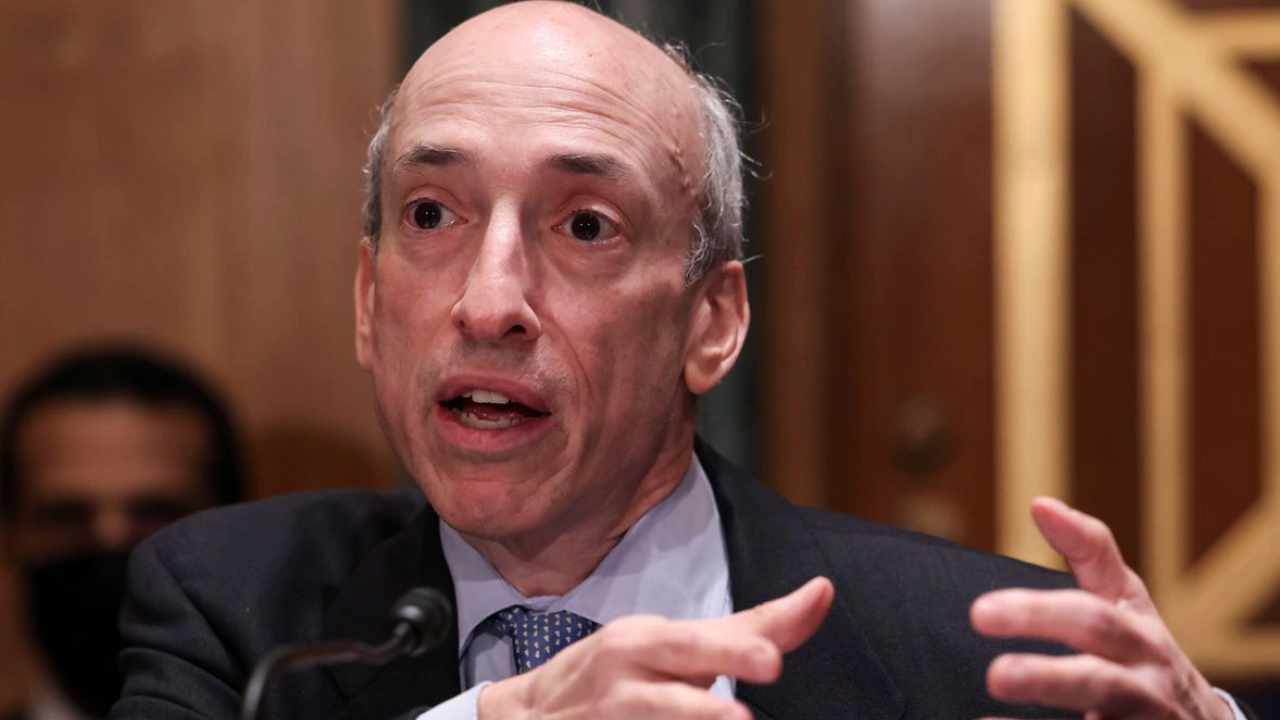
CFTC chair Rostin Behnam spoke at a webinar about how the agency, even lacking broad authority, is trying to keep up with rapid developments in financial technology.
The United States Commodity Futures Trading Commission (CFTC), the regulatory agency that shares the main crypto regulatory responsibility with the Securities Exchange Commission, will undergo restructuring to become more proactive and comprehensive, CFTC chair Rostin Behnam announced July 25. LabCFTC, which was described as “the focal point for the CFTC's efforts to promote responsible fintech innovation,” will become the Office of Technology Innovation (OTI) and report directly to the chairman’s office.
“We are now engaged in a more proactive and comprehensive effort across the agency to regulate these markets with the tools currently available to us,” Behnam said at a Brookings Institute webinar, adding, “Our core policy divisions are now directly addressing how the CFTC can leverage our existing authority to bring important regulatory protections to this market.”
Related: Gensler appeals for ‘one rule book’ in negotiations with CFTC over crypto regulation
In addition, the commission’s Office of Customer Education and Outreach will be “realigned” within the Office of Public Affairs to serve better new retail participants in the market. The high level of retail participants distinguishes the digital assets market from other commodities, Behnam observed, citing CFTC studies that show:
“Trading indicative of retail participants makes up approximately 25% of long open interest in the Bitcoin futures market.”
Behnam also complained of regulators’ “collective analysis paralysis” while financial technology has surged ahead. Behnam was not always as calmly resigned to working within the agency’s current authorities, which lack market surveillance and oversight abilities, as he showed himself today. In February, he told the Senate Agriculture Committee, which oversees his agency, that its dependence on tips and whistleblowers to uncover illicit activity “a very, very narrow lens into what is actually happening in the market.”
Legislative proposals, such as the Lummis-Gillibrand bill and Digital Commodity Exchange Act grant the CTFC more authority over crypto markets.









